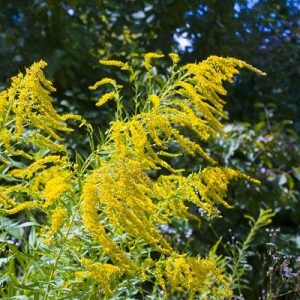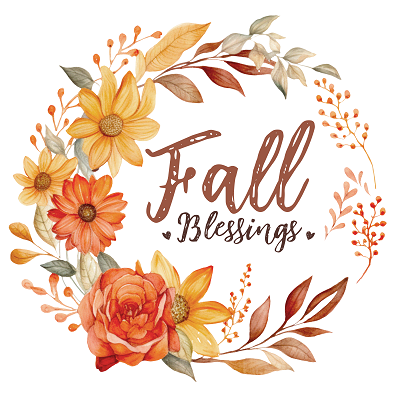 Seasonal allergies may change throughout the year, but they typically represent with the same symptoms, such as runny rose, watery eyes, coughing, and sneezing. If you notice you only get these symptoms in the fall, you probably have fall allergies – often called hay fever. Here are some ways to find relief from fall allergies:
Seasonal allergies may change throughout the year, but they typically represent with the same symptoms, such as runny rose, watery eyes, coughing, and sneezing. If you notice you only get these symptoms in the fall, you probably have fall allergies – often called hay fever. Here are some ways to find relief from fall allergies:
Types of Allergies in the Fall
Let’s start with the types of allergens you might experience in the fall season. Typically, when you have allergy symptoms in the fall or Autumn season, it is from weed pollen. This occurs near the end of the summer and beginning of fall.
There are many types of weed pollen, with ragweed being among the most common. The types of weed pollen you might be exposed to depend on where you live, but some others to be aware of include:
- Burning bush
- Mugwort
- Sagebrush
- Tumbleweed
- Russian thistle
- Pigweed
- Cocklebur
You might also experience allergy symptoms from dust in your home and pet dander, which are year-round allergens.
Signs of Fall Allergies
The allergy symptoms you experience in the fall are similar to allergies any time of the year. However, it might first appear like a cold since you get these symptoms in the colder months. Some signs to look out for include:
- Watery eyes
- Runny rose
- Itchy eyes
- Itchy nose
- Coughing and sneezing
The most common are going to affect your eyes an nose, such as having red eyes that keep burning and itching, and a runny nose.
How to Reduce Your Allergy Symptoms
If you are suffering from fall allergies, here are a few simple things you can do to reduce your symptoms and find relief.
Stay inside on high pollen count days. Check your forecast each day to see what the pollen count is outdoors. This should let you know when it is a little too high for your allergy issues, and when you should spend more time indoors.
Reduce indoor allergens. While many fall allergies exist outdoors, you still need to be aware of those indoor allergies. This means watching out for pet dander, looking for signs of mold, and cleaning often to reduce dust allergens.
Take your allergy meds. Unfortunately, if your allergy symptoms are moderate or severe, you still need to take medication. However, allergy meds can be a little harsh, so try to avoid your allergens first.
Natural remedies you can try include vitamins C & D, and even probiotics have been known to help with symptoms.
Remember that you can’t always prevent fall allergy symptoms, but you can work on finding relief.


